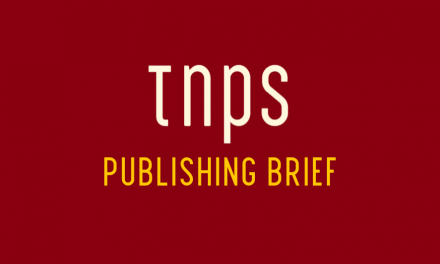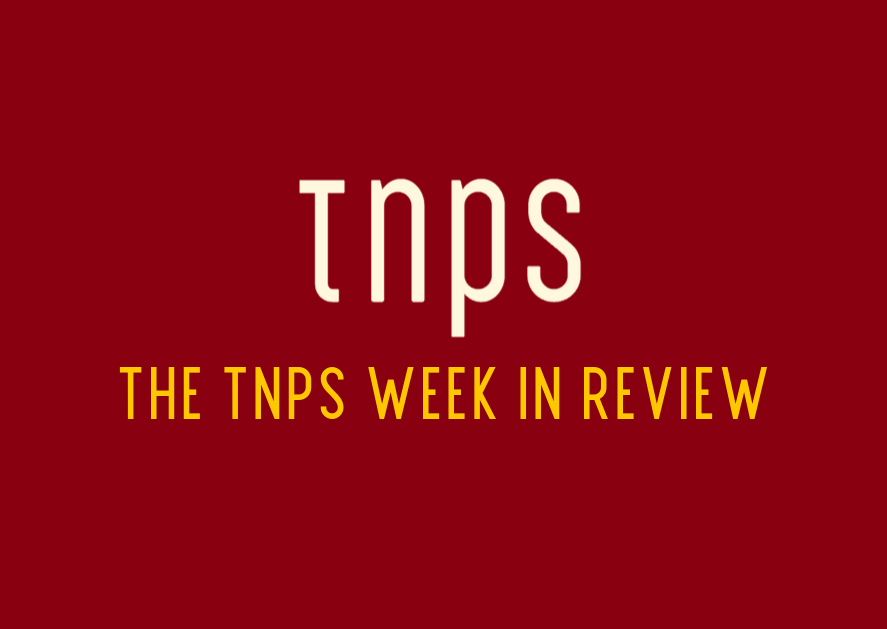The dam has broken. Now to contain the floods and redirect the life-giving water to new pastures.
“Studios’ Now-or-Never Choice: Sue AI Companies or Score a Major IP Deal”
That headline in The Hollywood Reporter comes hard on the heels of the SAG-AFTRA deal with AI company Replica Technology, as reported briefly in the last TNPS op-ed.

THR looks at possible copyright infringement issues with regard to movies, with the suggestion that actual movie frames are being copied.
The post is a must-read, but don’t get too carried away with the assumptions.
Per THR, “Studios could now have some of the proof they need to get off the sidelines, with AI image generators increasingly returning nearly exact replicas of frames from films. When prompted with ‘Thanos Infinity War,’ Midjourney — an AI program that translates text into hyper-realistic graphics — returns an image of the purple-skinned villain in a frame that appears to be taken from the Marvel movie or promotional materials, with few to no alterations made.”
Which is rather like the New York Times prompt manipulation as described by OpenAI, where the prompter as good as asks AI to copy something, and then complains because it does what it was asked.
Ask Midjourney for an image of a ‘purple-skinned villain’ and then, if it came up with the same image of Thanos, there would be cause for concern.
But even here we are stretching common sense as pertains to fair use. One frame out of a film containing more than 214,272 frames (based on 24 frames per second) is hardly wholesale copyright infringement.
Deals with AI companies coming thick and fast
But let’s try keep this post brief (it happens!) and let’s stick with the news-element of this story.
Because no sooner has SAG-AFTRA signed a deal with an AI company (two major news publishers, Axell-Springer and Associated Press, have also done so, and Fox News is launching a blockchain platform to handle deals with AI companies), than the USA’s Authors Guild, somewhat less reactionary than its UK counterpart, the Society of Authors, has announced it is ready to negotiate “blanket licence” terms with AI companies.
“We have to be proactive because generative AI is here to stay,” said Mary Rasenberger, Authors Guild CEO, explaining, “They need high-quality books. Our position is that there’s nothing wrong with the tech, but it has to be legal and licensed.“
Fingers crossed that, with Nicolas Solomon, the head of the Society of Authors, stepping down, we might see common-sense reappear in the UK’s AI publishing debate.
Back in November Solomon was wildly asserting 43% of writers jobs would be lost to AI.
Author James Patterson is said to be helping finance the Authors Guild project, which would enable authors to opt into a platform that the AI companies would use, in return for compensation and other as yet undecided benefits.
Anti-AI law suits have yet to score a goal
While some authors have cases before US courts alleging IP infringement, little progress has been made so far in convincing a judge.
A case being led by industry big names including George R.R. Martin and John Grisham has accused OpenAI of indulging in “a systematic course of mass-scale copyright infringement”, but as yet no legal decision has ruled against the AI companies.
And the trend we are seeing now suggest few, if any, ever will.
Per THR, it is unknown precisely “which works were used as training materials (so) the authors point to ChatGPT generating summaries and in-depth analyses of the themes in their novels.”
The problem there being those summaries are readily available on the internet already. It proves nothing.
The dam has broken
Courts tend not to take kindly to cases being brought to court that could be settled outside court.
There may, along the way, be a few AI casualties, but overall it’s clear AI is slowly but surely winning this battle, and that can only be good for the long-term success of all the infotainment industries.
The dam has broken. Now to contain the floods and redirect the life-giving water to new pastures.
This post first appeared in the TNPS LinkedIn Pulse newsletter.





